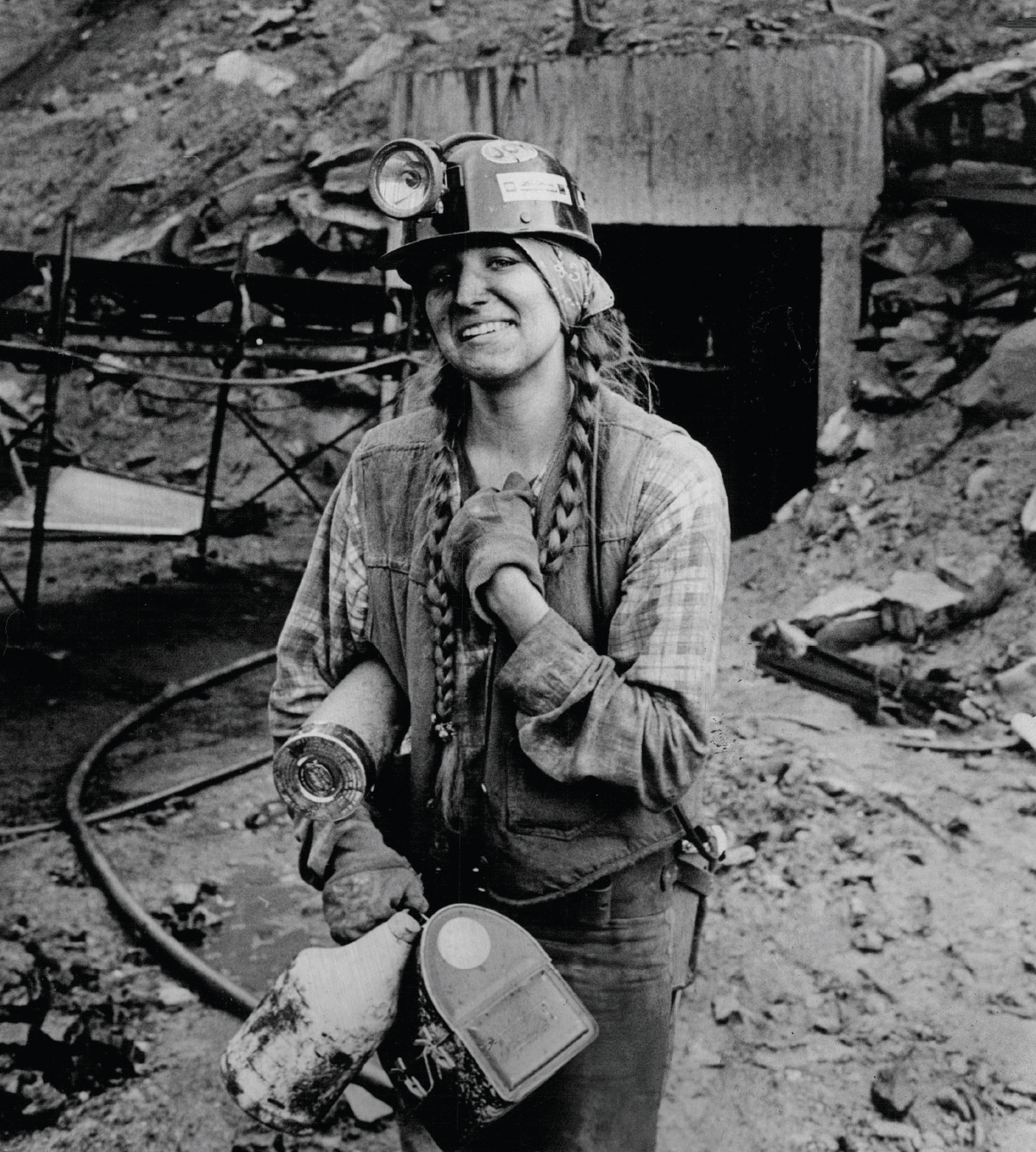Introduction for Chapter 29
CHAPTER 29 The Search for Order in an Era of Limits, 1973–1980
IDENTIFY THE BIG IDEA
How did the legacy of social changes — such as shifting gender roles, civil rights, and challenges to the family — in the 1960s continue to reverberate in the 1970s, leading to both new opportunities and political disagreement?
Early in 1971, a new fictional character appeared on national television. Archie Bunker was a gruff blue-collar worker who berated his wife and bemoaned his daughter’s marriage to a bearded hippie. Prone to bigoted and insensitive remarks, Archie and his wife Edith sang “Those Were the Days” at the opening of each episode of All in the Family, a half-hour comedy. The song celebrated a bygone era, when “girls were girls and men were men.” Disdainful of the liberal social movements of the 1960s, Archie professed a conservative, hardscrabble view of the world.

Archie Bunker became a folk hero to many conservative Americans in the 1970s; he said what they felt. But his significance went beyond his politics. All in the Family gave voice to a national search for order. His feminist daughter, liberal son-in-law, and black neighbors brought that changing world into Archie’s modest home in Queens, New York. Not all Americans were as resistant to change as Archie. Most were ordinary, middle-of-the-road people confronting the aftermath of the tumultuous late 1960s and early 1970s. The liberalism of those years challenged Americans to think in new ways about race, gender roles, sexual morality, and the family. Vietnam and the Watergate scandal had compounded matters by producing a crisis of political authority. An “old order” had seemingly collapsed. But what would take its place was not yet clear.
Alongside cultural dislocation and political alienation, the country confronted economic setbacks. In 1973, inflation began to climb at a pace unprecedented in the post-World War II decades, and economic growth slowed. An energy crisis, aggravated by U.S. foreign policy in the Middle East, produced fuel shortages. Foreign competition in manufacturing brought less expensive, and often more reliable, goods into the U.S. market from nations such as Japan and West Germany. As a result, more American plants closed. The great economic ride enjoyed by the United States since World War II was over.
What distinguishes the period between the energy crisis (1973) and the election of Ronald Reagan to the presidency (1980) is the collective national search for order in the midst of economic crisis, political realignment, and rapid social change. Virtually all the verities and touchstones of the postwar decades — Cold War liberalism, rising living standards, and the nuclear family — had come under question, and most agreed on the urgency to act. For some, this search demanded new forms of liberal experimentation. For others, it led instead to the conservatism of the emerging New Right.